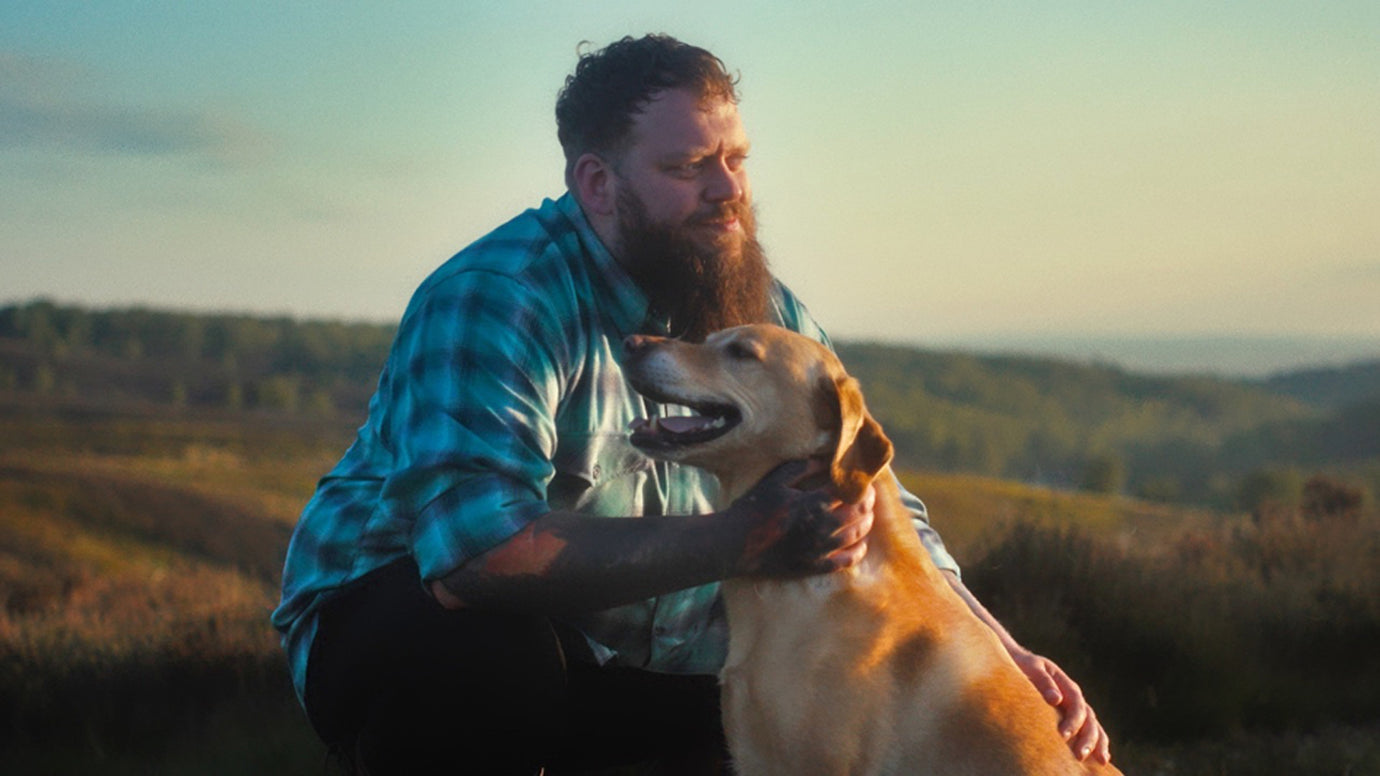Don't be outfoxed! Can you really keep a cunning fox as a pet?

Pet foxes are all the rage on Instagram - but that definitely doesn’t mean you should get one. The bushy-tailed creatures are disarmingly cute and Insta-famous foxes like Juniper, Khala and Winchester are pulling in massive numbers of likes and followers. That’s despite animal charities strongly advising against keeping foxes as pets.
Inge Herzog is the owner of a fox named Winchester. She knew she wanted a pet fox when she read a National Geographic article in 2011 about a fox domestication project in Russia. "Winchester was one month old when we got him," Inge tells Metro.co.uk. "We have a special bond. If you spend a lot of time with your fox, it just kind of happens automatically. I wouldn’t say it’s difficult to tame them, unless they’re already a grown adult. Winchester is pretty tame with me, but with everyone else he will growl and snap if they get too close. He gets really excited to see me and will throw himself on the ground flapping his giant tail and peeing and squealing with joy. They make the cutest happy sounds." "I had never heard a fox make a sound before until I brought home baby Winchester, put him down in the kitchen and he stole my flip flop and ran away squealing with happiness. Winchester has never been a fan of being held but he does love scratches, which he tries to return the favour of by 'grooming me' by nibbling me with his little front teeth. He will also give me kisses on the mouth if I say 'Kisses!' and sits on command." Foxes are very high energy and they require a great deal of space for running, foraging, digging and playing. If you don’t have this outdoor space available, you shouldn’t even consider a pet fox. Inge says: "Sometimes Winchester will come to his name (foxes don’t do anything they don’t want to do) and he has played fetch before. They love to chase things, so another of our games is to just throw things for him to try to catch out of the air or pounce on." "It took me a couple years to be able to fully read his signals and be able to predict his behaviour, but it was totally worth it now that we have this trust and understanding so we can have fun together. He loves our long beach walks, exploring the ins and outs of the forest and playing with the dogs, digging holes and even catching mice he comes across." Unfortunately, foxes are very smelly pets and they can’t ever be fully litter trained. They need to constantly mark their territories and will rip and shred belongings, particularly soft furnishings. For Winchester the fox, an outdoor enclosure became necessary for Inge’s sanity. "For the first year and a half of his life I kept him indoors like I do my dogs, but foxes can’t be housebroken (they will use the litter box, but then they will also go all over the rest of the house) mostly because they feel the need to mark their territory with urine and/or faeces, and they think everything is theirs." "Their urine is incredibly strong, almost like a skunk smell, and nearly impossible to wash out of carpeting or fabric furniture. We had a fabric couch that Winchester used to love burying his toys in and then peeing on them to mark. It was not long before the couch was shredded and saturated with urine. Two more couches suffered the same fate before Winchester got his outdoor enclosure." Foxes also have more complex food needs than cats or dogs. They need to be stimulated through the feeding process and be given an opportunity to forage for their food. This could mean hiding food for them to find or even building something that the fox needs to rip apart in get to their meal. They require lots of fresh meat in the form of small rodents like rabbits and mice, and their diets must include an adequate amount of taurine, without which they can develop blindness, suffer seizures or die. Inge recommends fresh chicken hearts, livers and gizzards as good sources of taurine. When we asked Inge whether she would recommend that others bought or adopted pet foxes, she stressed that all potential fox owners need to be sure they know what they’re getting into. "Many people have jumped right in without doing enough research first, and this has resulted in over half of new pet foxes needing to be rehomed because they turn out to be a lot more difficult to handle than people were expecting," she explains. "All in all, if someone is as passionate about foxes and willing to stick it out through the inevitable hard times as I am, then I would encourage them to get a fox. Winchester brings me more joy, wonder, and amazement than anything I’ve ever encountered, and continues to inspire me even after 6 years." The RSPCA feels strongly that foxes should not be kept as domestic pets in England and Wales, despite there being no legal restrictions on doing so. A spokesperson said: "Foxes have not been domesticated and a fox in captivity would have the same needs as in the wild. If a fox is taken into captivity, then it will be protected under the Animal Welfare Act 2006." "Even the most experienced fox experts have had difficulty in keeping adult foxes successfully in captivity as they have very specific needs. Rescued fox cubs can be reared and returned to the wild but they need to be reared in a way that doesn’t habituate them to people, otherwise they would not be able to fend for themselves or may run into trouble when released. Because foxes are wild animals their needs are very specific and they require specialist care. Therefore, the RSPCA would not advise or condone keeping them as pets." "Basically, unless you live with amazing access to the great outdoors, you don’t mind having your house smelling funky and being covered in fox pee and droppings, you’ve kissed your soft furnishings goodbye, you’re ready to provide the exercise and stimulation your fox needs and you find a local veterinarian who understands fox care, then maybe fox ownership isn’t for you." Realistically, most of us do not have the time, energy, or expertise for fox ownership. Unless a fox has been rescued from a fur farm or similar circumstances, these beautiful creatures should be left to their natural, non-domesticated lives. They might look cute on Instagram, but they look even cuter in the wild. (Article source: Metro)




